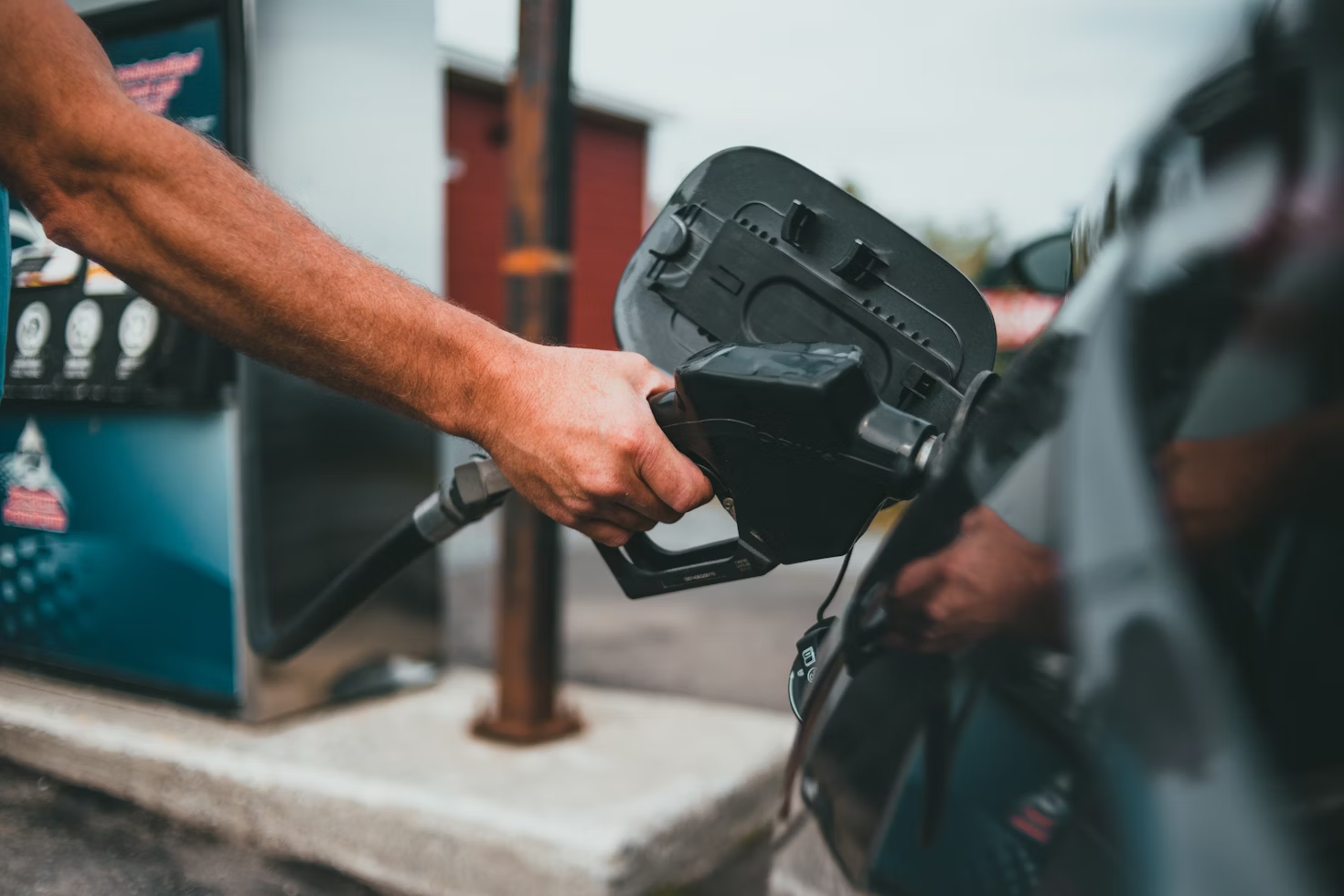European dependence on Russian energies

The war in Ukraine has particularly exacerbated the energy crisis in Europe, a crisis that began as early as autumn 2021 and which places energy more than ever at the heart of the economic, political and environmental challenges of our time. Faced with war, some countries are more exposed than others, especially Germany, which imports a large part of its energy resources from Russia.
Energy is a major issue for human activity. Indeed, it was thanks to energy that the industrial revolution was able to take place, which is itself the basis of society as we know it today. Today, we differentiate between three main types of energy: fossil (coal, oil and gas), nuclear and renewable (hydraulic, wind and solar, biomass, etc.). In particular, fossil fuels are at the origin of the majority of greenhouse gas emissions and are therefore at the heart of the fight against climate change.
The main human activities consume a lot of energy, in particular: transport (fossil fuels in particular), industry or even the residential-tertiary sector (electricity, heating). In France, in 2020 the residential sector is the sector that represents the largest share of final energy consumption with 31%, followed by transport (29%), industry (19%) and the tertiary sector (17%).
In Germany, what part of primary energy consumption comes from Russian fossil resources?
36% of the primary energy used by Germany comes from Russian fossil resources, pushing in particular Ursula von der Leyen, the President of the European Commission, to declare “We are too dependent on Russian fossil fuels [...]” Indeed, with primary energy consumption based on 33.7% of oil (including 42% Russian), 26.6% of natural gas (including 42% Russian), 26.6% of natural gas (including 55% Russian) and 15.8% of coal (including 50% Russian), the dependence of Germany and its The fossil fuel economy is very high (75%).
To reduce energy dependence, the French government is deploying the Tertiary Decree, which must force the renovation of a large part of the French tertiary sector.
France is less dependent on fossil fuels (46% of its energy mix, 6% of which comes from Russia). Despite a lower dependence compared to that of Germany (46% vs 75%), some French political leaders invite citizens to reduce their consumption of fossil fuels to meet economic and climate challenges.
In France, it is the residential-tertiary sector that consumes the largest part of this energy (nearly 50%). To reduce the impact of this sector, for example, the government has established the Tertiary Decree, which concerns buildings of more than 1000m² (83% of the French tertiary sector) and aims to gradually reduce energy consumption by (-40% in 2030, -50% in 2030, -50% in 2040 and -60% in 2050).







